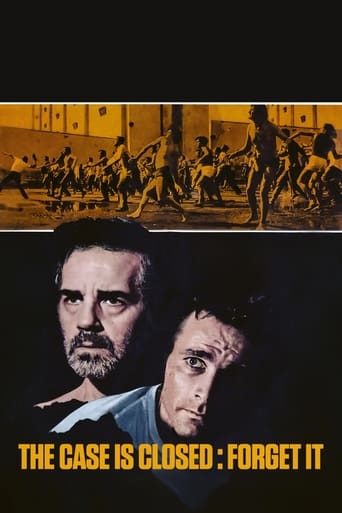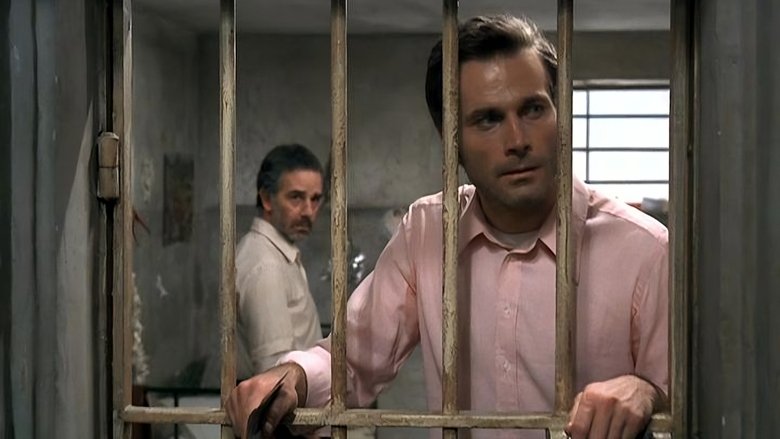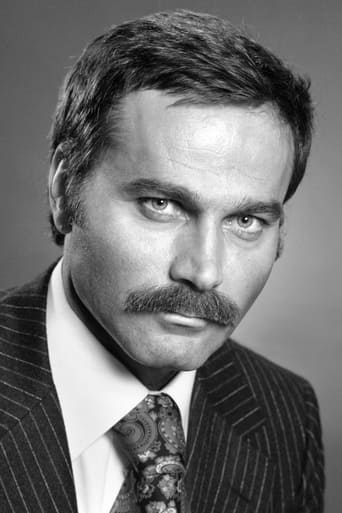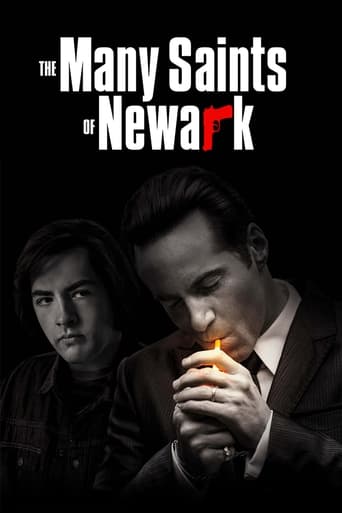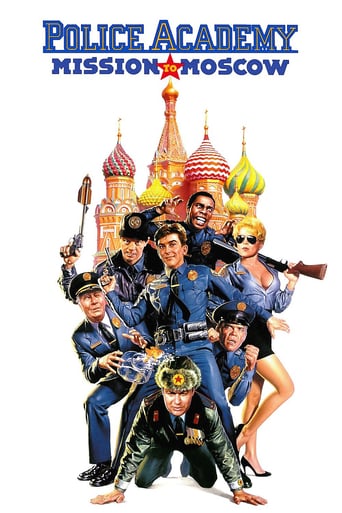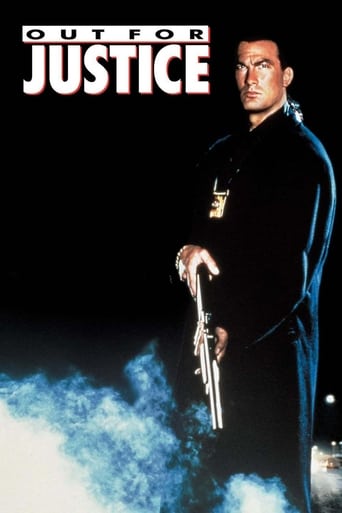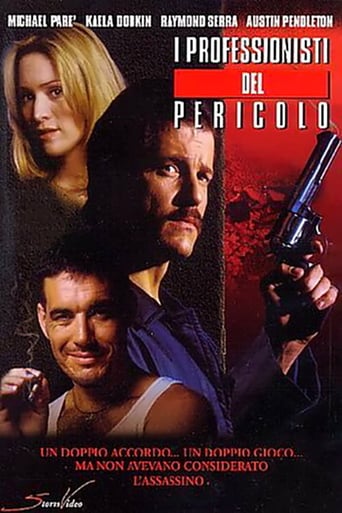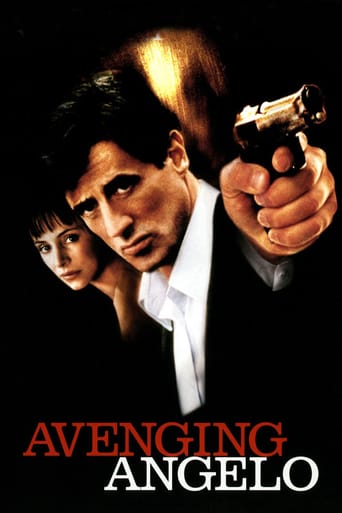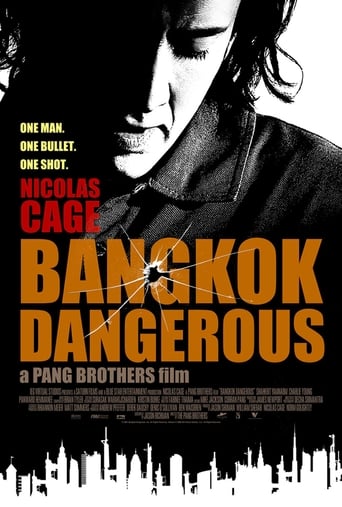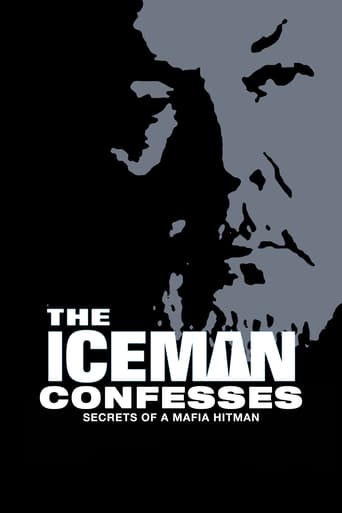The Case Is Closed, Forget It (1971)
Arrested on suspicion of a hit and run, a succesful architect is put in prison awaiting trial or release. Whilst there he witnesses the grim reality of life behind bars: corrupt staff, corrupt inmates, an inhuman judicial system and the power of the Mafia.
Watch Trailer
Cast


Similar titles
Reviews
Save your money for something good and enjoyable
How sad is this?
Best movie ever!
The film creates a perfect balance between action and depth of basic needs, in the midst of an infertile atmosphere.
Another atypical Eurocrime film from Damiano Damiani, most of which takes place in a men's prison. It's low on action but fascinating nonetheless. It'll also keep you on the straight and narrow as you will not want to go through what Franco Nero does here.You see, Nero has been accused of a hit and run and even before his trial gets thrown into a prison full of hardened criminals. Nero is an architect and his reputation as a snobby rich kid precedes him, although that money does help soften the blow a little as he pays the guards to bring him decent food and even gets a hooker brought in by the crooked doctor. What it doesn't do is make him popular among his cellmates, one of which is psychotic lifer John Steiner, who constantly provokes Nero, mostly by farting every time Nero speaks!So with Steiner and his friends eating Nero's food parcels and pissing on his bed, Nero does make a couple of friends, one being a dying old man who tries to educate him in the ways of being in stir, the other being a Mafia Don taking the rap for some high ranking Capos who is also pulling the strings of the head prison guard by way of 'favours' regarding his son's career.During a prison riot, Nero witnesses the beating of a prisoner trying to sneak out a note given to him by another prisoner and suddenly finds himself transferred to the cell containing the very paranoid note-writer. The note-writer is adamant that Nero has been sent to kill him, and Nero finds himself a pawn in some deadly game involving the Mafia and corruption, while his friends on the outside refuse to see the severity of his situation. I'm not familiar with the actor Riccardo Cucciolla, but he does a great job here as the guy standing up to the whole corrupt society. He's the key in bringing down a corrupt business enterprise and even though his lawyer is on the Mafia's side, his stubbornness and sense of moral duty is unshaken throughout the film, whereas Nero, who can see right from wrong, struggles against the constant psychological torture.Director Damiani raises a lot of questions here about what we are willing to do to survive and I think the ending was quite fitting. You'll be asking yourself what you would do in such a situation, right up to the very last scene in the film. A grim, morally ambiguous film that deserves adjectives like 'riveting', 'gripping' and 'mesmerizing' in the hands of a better reviewer, whereas I'm just going to point out that for a prison film no one got bum raped.
This may not be Damiano Damiani finest work, but I still believe it is a very good movie. In line with his pessimistic beliefs on the possibility that Justice prevails, Damiani's plot develops this time within a prison (it is not a poliziottesco, but rather a prison drama) where an innocent man is held on suspicion of murder and where he gradually will be forced to change his beliefs and his moral in order to survive the brutal laws of the place. This is on a different level a metaphor on our society, where choices to act according to the moral come often at a price which we may not be ready to pay. Easier is to "forget". Inevitably the few brave who choose the straight way forward, find themselves lonely and pay the consequences. Recommended.
This poliziottesco of sorts isn't quite what I was expecting as lead Franco Nero's plight is only one of several events tackled in the film. The star is ideally cast as a wronged prisoner; however, Riccardo Cucciolla's paranoid character grows in importance in the film's second half. The initial stages are actually akin to bizarre black comedy (detailing all the various eccentric antics of the inmates), which doesn't quite jell with the more serious tone later on; John Steiner (as a despicable lifer) and Georges Wilson (as a dying old-timer) make a particular impression during this first part.The film - whose translated title, "The Case Is Closed: Forget It", is no better than that of the novel "Many Bars" on which it's based - depicts everybody as corrupt and reprehensible, with even Nero's everyman hero succumbing in the end (indulging in clandestine sexual encounters with a female inmate and keeping silent over Cucciolla's harrowing murder)! Though the score is by Ennio Morricone, it's nothing like the iconic work by the maestro we all know and love - consisting solely of sound effects (in fact, I had first heard of the film by way of a CD featuring some of his oddest soundtracks)! This was Nero's third of four films he made with director Damiani, all in the same vein; two of them, which I hadn't watched before either, followed this viewing (I had caught up with HOW TO KILL A JUDGE [1974], recently released on R1 DVD by Blue Underground and perhaps the most satisfactory of them, a couple of years ago).
Because of a violation of traffic regulations an architect is put in prison. There he witnesses the grim reality of life behind bars: corrupt staff, corrupt inmates, an inhuman judicial system and the power of the Mafia."L´istruttoria e chiusa: dimentichi" - which translates into "The investigation is closed: forget about it" is one in a series of political thrillers Damiano Damiani (when he was good, he could to some extent rival Francesco Rosi, when he became pretentious and preachy he was intolerable) specialized in in the late 60´s through the 70´s. Its overall target is the corrupt Italian state of that day and age. Its means is classic melodrama of the wrongful accused who has to live through purgatory. Because he is wrongful accused, an intellectual and played by the then handsome Franco Nero we pity him for that (there is ample space for the suspicion that we would perceive his private hell in public custody as appropriate were he a criminal).To prove his case Damiani this time took the easy way out and that´s why his film is - judged by Damiani´s own best abilities - bordering on the mediocre side - and still worth watching; which is an achievement in itself.

